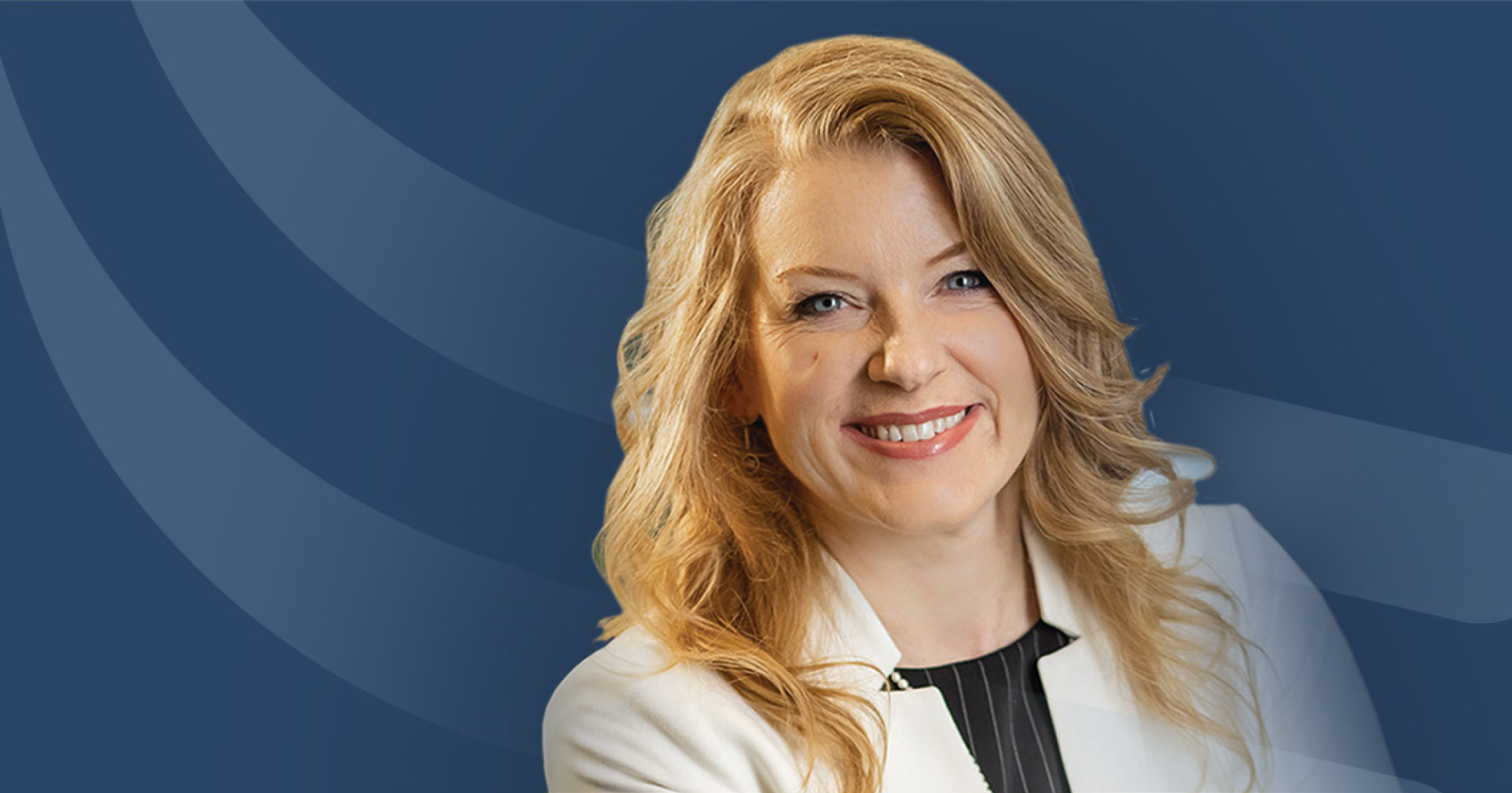INVESTED: Tell us a bit about your role and history at Curi RMB Capital.
I’ve worn several hats since I joined the firm five years ago. When Curi launched Curi Capital as a new business unit, the mission was to provide wealth management services to our Curi member physicians and the broader community. That’s when I was brought on board to be the financial planning and wealth management expert. Nowadays, my main focus is taking care of the clients I’ve onboarded over the years, in addition to collaborating with other advisors in the firm who also specialize in serving physicians.
INVESTED: What was your background before coming to Curi RMB Capital, and what led you here?
After I graduated from Salem College, my focus was on general financial planning before specializing in high-net-worth and ultra-high-net-worth clients. In 2010, I joined a local bank that served physicians, which became my niche. I found that I really enjoyed working with physicians because they share my analytical, problem-solving, and data-driven mindset. They’re curious about how things work and the reasoning behind my recommendations, which makes our conversations very rewarding.
When the executives at Curi approached me about helping to launch Curi Capital, it felt like a natural progression and a chance to specialize at an organization that prioritizes physicians’ well-being in medicine, business, and life.
INVESTED: What makes Curi RMB Capital the right firm for you?
What I love about Curi RMB Capital is that we have the resources of a large firm but deliver our client experience in a boutique way, staying very personal and specialized.
You know the people that are on your team and how they are serving you.
Our corporate culture’s flexibility allows us to reach clients anywhere in the world and communicate with them in their preferred way. While we are not a “one size fits all” shop thanks to our ability to individualize service, we still have the resources of those bigger firms. Our blend of comprehensive financial planning, private investments, insurance advice, and globally diversified exchange-traded funds is something I haven’t seen anywhere else.
INVESTED: What keeps you busy when you’re not in the office or focused on clients?
I enjoy spending time with my family: my husband, Matt, our 19-year-old daughter, Katrin, and our 15-year-old son, Henry. Since the children attend school in Winston-Salem and Asheville, we often find excuses to visit them on weekends and usually succeed in seeing them.
I also love distance running, which builds my mental endurance, resilience, and plenty of humility. It’s never too late to start running, and there are always benefits no matter how slow or far I go. Gardening is another passion, especially in the spring and fall when I can divide and swap plants with our neighbors. Our beloved 12-year-old cockapoo, Daisy, follows me around the yard while I work, which is precious.
We all love international travel, and when our children study abroad, we get to enjoy their experiences vicariously through their pictures, video calls, and stories. Those are some of the best vacations I never actually take!
INVESTED: Tell us about any specialties you have in advising or unique areas of experience you bring to clients.
My unique experience is in behavioral finance and the psychology of money. My mom was a mental health clinician, and she taught me a lot of concepts that fit into my work. I love helping people step back and think intentionally about their financial decisions — not just based on limitations, but on what they truly want to do. Helping clients overcome obstacles and achieve goals is what really makes me feel like I’m making a difference in their lives.
Another area I specialize in is generational wealth. I help families think about the impact their wealth will have on future generations — not only preparing them to inherit wealth but to create and manage their own wealth first. Working with two or three generations in some families is a joy, and the long-term connections elevate my work from a pursuit to a purpose.
INVESTED: Are there any topics that you think often get overlooked by clients when thinking about their financial future?
Everyone has blind spots. On the cash flow side, people often forget about inflation and taxes. In retirement planning, they tend to overlook the need for custodial care — not just medical intervention, but help with everyday tasks like grocery shopping, driving to appointments, making meals, changing light bulbs, or monitoring medication. These little things we take for granted during our robust working years become important later and should be included in a financial plan.
Additionally, people can overextend themselves in retirement with unnecessary investments and personal commitments. There’s a perception that you need to buy a home everywhere you enjoy traveling or where adult children live, but you don’t have to be a homeowner to visit a place often in a way you love. Retirees also don’t realize the potential loss from lacking creative, productive, purposeful work. It’s tough to face the new realities that come with retirement, but as an advisor, it’s my honor to be someone’s thought partner as they work through financial and life planning.
As an advisor, it’s truly my honor to be someone’s thought partner as they work through this financial and life planning.
The opinions and analyses expressed in this presentation are based on Curi RMB Capital, LLC’s (“Curi RMB Capital”) research and professional experience are expressed as of the date of this presentation. Certain information expressed represents an assessment at a specific point in time and is not intended to be a forecast or guarantee of future performance, nor is it intended to speak to any future time periods. Curi RMB Capital makes no warranty or representation, express or implied, nor does Curi RMB Capital accept any liability, with respect to the information and data set forth herein, and Curi RMB Capital specifically disclaims any duty to update any of the information and data contained in this presentation. The information and data in this presentation does not constitute legal, tax, accounting, investment or other professional advice.
Certified Financial Planner Board of Standards, Inc. owns the certification marks CFP®, CERTIFIED FINANCIAL PLANNER™ and federally registered CFP (with flame design) in the U.S., which it awards to individuals who successfully complete CFP Board’s initial and ongoing certification requirements.
Investment Management Consultants Association (IMCA®) is the owner of the certification marks CIMA® and Certified Investment Management Analyst®. Use of CIMA® or Certified Investment Management Analyst® signifies that the user has successfully completed IMCA’s initial and ongoing credentialing requirements for investment management consultants.






